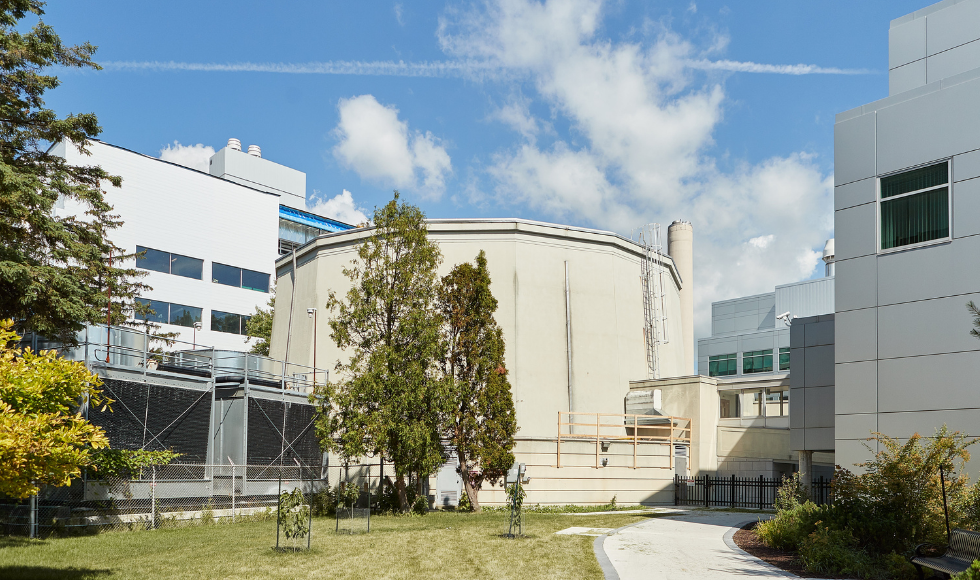McMaster to conduct a nuclear radiological response exercise

McMaster’s Nuclear Reactor has a long and proud history of safe research activities.
On Friday, June 18, beginning at 10:00 a.m. McMaster University will conduct an exercise testing its response to an on-campus radiological incident at its Nuclear Reactor.
This exercise is meant to test McMaster’s Nuclear Reactor and Health Physics staff on their emergency response to an incident in a radiological area.
The simulation includes virtual and in-person components and is done in collaboration with local emergency first responders, like the Hamilton Fire Department.
Individuals may notice emergency personnel and vehicles on campus during the in-person part of the exercise, taking place between 12:30 and 3:00 p.m.
“Although such an incident is highly unlikely, it is important that we exercise our response to emergency scenarios to ensure that everyone understands their responsibility during a crisis,” says Josip Zic, McMaster’s senior health physicist.
“During the COVID-19 pandemic, the essential services provided by McMaster’s Nuclear Reactor have continued. Conducting this exercise with our partners in real-time is an invaluable part of maintaining our emergency response capabilities.”
McMaster University has a long tradition of safe nuclear research activities. The Nuclear Research Building, with its High Level Laboratory Facility, houses researchers from the University and the Centre for Probe Development & Commercialization.
McMaster’s Nuclear Reactor provides isotopes to treat prostate cancer in approximately 125 patients every day.
The McMaster Nuclear Reactor was granted a ten-year license renewal by the Canadian Nuclear Safety Commission in 2014. Simulation exercises like this are part of the university’s license responsibility.


